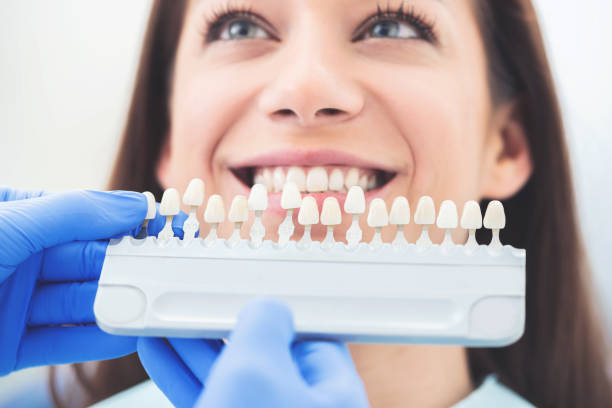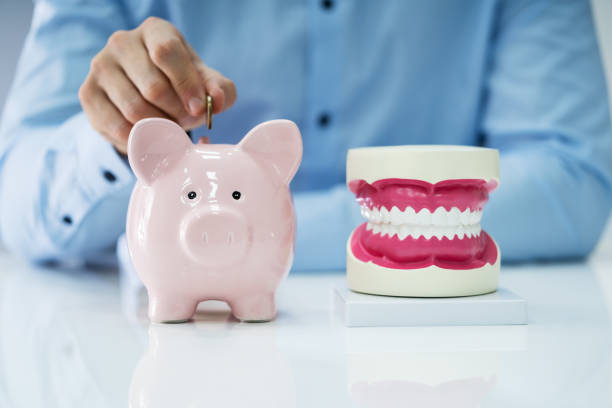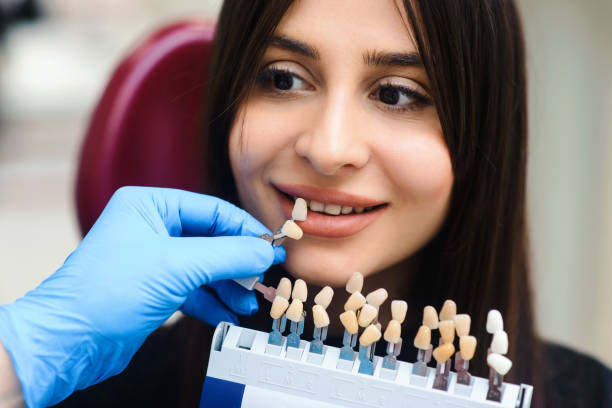Teeth Replacement Option for missing teeth



Teeth replacement option for missing teeth
It’s alarming to learn that the typical American adult, aged 35 to 49, is missing seven teeth. Even though kids may have up to four wisdom teeth, this still indicates that at least three of their original teeth are missing. As a result, it’s very probable that you or someone you know has lost teeth or will lose teeth soon and must determine how to replace them.
Here’s the thing. Dentists love teeth. We’re in the business of saving teeth long before we replace missing teeth, and sometimes we’ll go through some crazy heroics to do it. I’m still waiting for Marvel to see this and offer me a hefty deal for my life narrative (which will eventually be transformed into a Netflix original series), but in the meantime, I’ll be out there, trying to keep your teeth where they belong—in your mouth.
But sometimes teeth can’t be saved, even with an Avengers-style dentist team-up. Teeth that have been severely decaying or shattered are difficult or impossible to repair. There are ways to replace lost teeth, so do not worry if you often open beer bottles with your teeth, engage in physical altercations, or spend time on uninhabited islands without a toothbrush or floss.
Trauma, gum disease, and tooth decay are some common causes of tooth loss. Some people are born without some teeth, a condition known as congenitally missing teeth. Genetic factors result in congenitally missing teeth, and families may endure this issue for multiple generations. The three types of teeth that are most frequently missing are wisdom teeth, upper lateral incisors, and second premolars/bicuspids.
Multiple missing teeth are also a symptom of some systemic illnesses, which are typically hereditary. Ectodermal dysplasia, one of the most prevalent hereditary conditions affecting teeth, is a medical term. People who have this condition frequently have missing teeth. A patient with congenitally missing teeth associated with ectodermal dysplasia should have the dental problems evaluated early in life, and a prosthodontist’s training allows a comprehensive approach to the missing teeth.
It is critical to replace lost teeth for effective eating, jaw support, stability of the remaining teeth, and an appealing smile. The teeth adjacent to and above the missing tooth or teeth will eventually shift, slide, and tip into the empty area, interfering with appropriate function. When a tooth is lost, it is far simpler to replace it quickly than to wait for a number of years after teeth have shifted significantly. The most effective way to replace your missing tooth or teeth might be decided by a prosthodontist.

